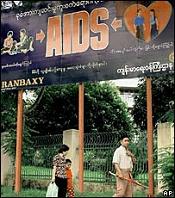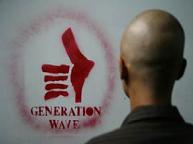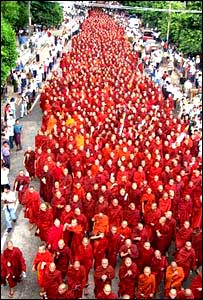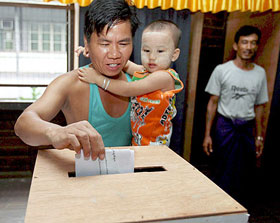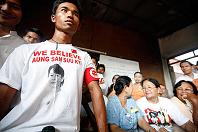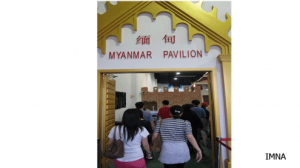
Download Hong Kong is facing a waste crisis.
Government data shows the amount of waste increasing more than ten thousand tonnes each year.
In addressing the waste problem, the government plans to extend the Tseung Kwan O landfill despite lawmakers’ and residents’ opposition to the plan.
Activists say the government should come out with a better strategy to solve the problem.
From Hong Kong Banyar Kong Janoi reports.
Kwok Pik-han, a 19-year-old first year university student, lives in Tseung Kwan O, only 50 metres from the land fill site that contains thousands of tonnes of waste dumped over many years.
“My nose has some problem because of air pollution. I always have runny nose and it affects my life so much. We can still smell nasty smell so it is a good environment to live.”
A few weeks ago, the government proposed to extend the landfill near her village.
“The government planned to build up bigger landfill in Tseung Kwan O, which Tseung Kwan residents do not like it: we against it. District’s council fights for it not to do so now they are finding some way to deal with rubbish problem because there is so much rubbish in Hong Kong.”
Hong Kong produces more waste than it’s neighbours Taiwan, South Korea and Singapore.
Yet it recycles the less according to the environmental organization Friends of the Earth.
The garbage at another land fill site, Siu Lang Shui in Tuen Mum is stacked 120 metres high.
This landfill site is still being used as a waste site by the Hong Kong Government.
Some teachers and students in Hong Kong are eager to tackle the waste problem.
At Sir Ellis Kadooris Secondary School, visiting landfills and educating student to reduce and recycle waste are school activities.
This year the school received a Hong Kong Green School Award from the Environmental Campaign Committee, a group of civic leaders hoping to tackle environmental problems in Hong Kong.
Yet teacher Sam Chan says the school has limited resources.
“Government should assign more funding for school specify for use of environmental education”
Sam Chan says separating garbage and telling students what kind of garbage can be recycled has reduced waste at the school.
Professor Jonathan Woon Chung Wong is currently doing a research on waste management in Hong Kong.
“A lot of people say that, green groups say that, we don’t need landfill, we don’t need incinerator. What we need is people separation. Do think it is okay. I would say that Hong Kong is very strange situation. We don’t have compulsory charging waste. You can dump your waste without paying anything.
Compulsory government charges for waste can motivate citizens to reduce their waste.
Yet Jonathan says that even countries that have charges and separation for waste still have to have to deal with landfills and incinerators.
“Even though, you can do the best in the world, you still have waste to dispose into the landfill. Waste separation is a must. We need to do it but it is not the solution for the current situation.”
“So where all rubbish go? This is dilemma I would say that it is really difficult situation now. You can’t really have any choice. The choice is first we need to expand our landfill site because it takes time to build also. At the same time, we need to immediately get the permission to build incinerator otherwise five years later, you need to ask extension again. The extension will continue unless you build incinerator.”
The government environmental department was not available to give comment.
Back at Kwok Pik-han is also active in the school green activities.
She is fighting for waste separation and reduction among the students in the university.
“People may think that you are a person even you do recycle and reduce waste yourself it won’t help but I think if we do not do it the problem get more serious.”
Because for Kwok Pik- han the site near Tseung Kwan O isn’t just a potential garbage dump, it’s her home.




